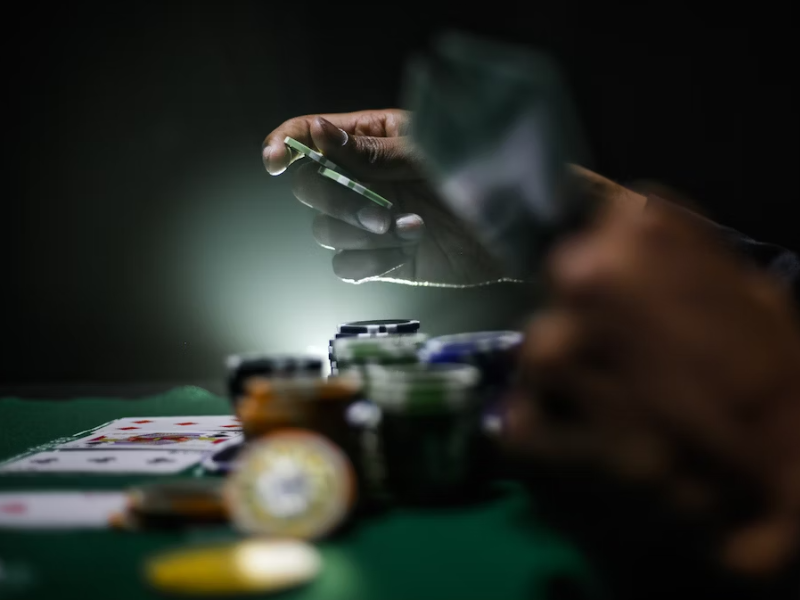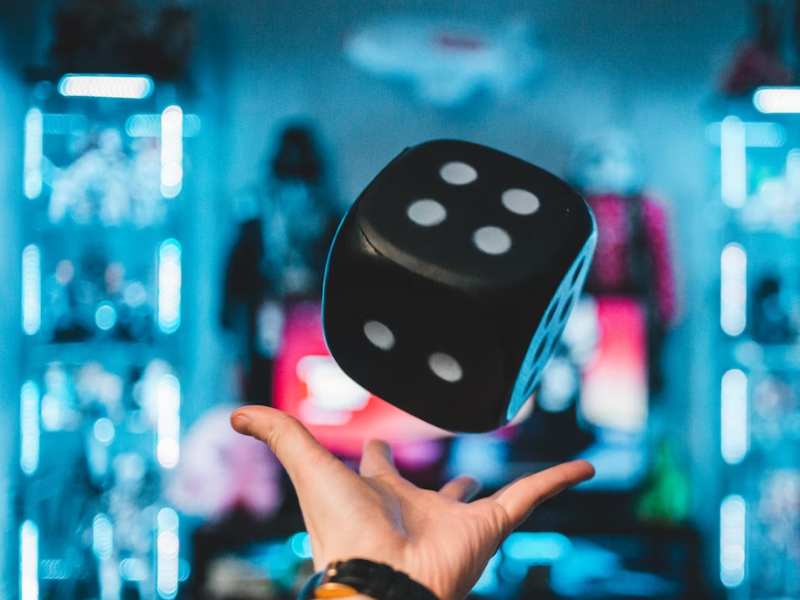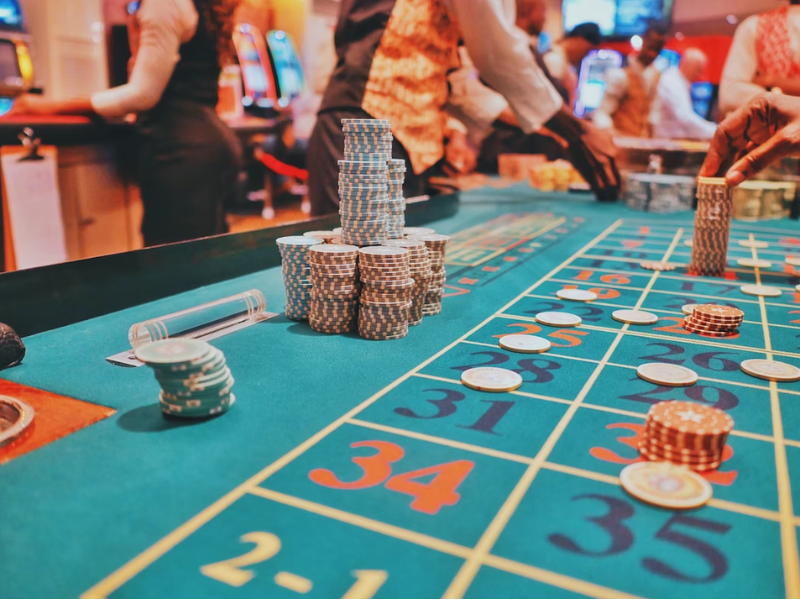Gambling in the Philippines vs. Singapore: Regulations, Number of Players, and more
Both the Philippines and Singapore are famous tourist destinations in Southeast Asia. With strong cultural heritage and a long history of colonial rule, these two countries differ from the rest of the region in their laws. Gambling laws are just one area where this difference is particularly easy to notice.
Still, while different from the rest of the region, these two countries are also vastly different from each other. Here’s how gambling laws in the Philippines differ from those in Singapore and vice-versa, including several statistics and other considerations.

Gambling in Singapore
While gambling is not illegal in Singapore, it is currently heavily regulated. The simplest way to explain the situation would be to say that it’s unlawful unless specifically stated that it’s legal. The legality depends on a license that’s decently hard to obtain, and both retail and online gambling are in some sort of state monopoly.
However, this is still not a done deal. Namely, the latest online gambling law in Singapore passed just last year. While Singapore started making small steps in 2006 (when they finally moved past their 1960 and 1961 acts which criminalized gambling), last year’s act was a huge step.
According to the Gambling Regulatory Authority of Singapore Act (GRA Act) and the Gambling Control Act (GC Act), some significant institutional changes exist in Singaporean gambling.
- CRA: So far, while gambling in Singapore was mainly restricted to casinos, the ultimate authority on the subject matter was the CRA (Casino Regulatory Authority). Due to expanded retail gambling laws, the CRA must be reorganized to handle its expanded responsibilities.
- GRA: Moreover, since the Singapore government recognizes that online gambling is a huge trend, they needed an organization to handle it. They needed an organization that would address every form of gambling in Singapore. So, this act introduces the GRA (Gambling Regulatory Authority).
These two measures recognize that the gambling industry in Singapore is on the rise and that there are new trends in online gambling daily. So, the aim is to create institutions that can keep up with and supervise this ever-shifting field.
Most importantly, this act will envelop previous (specific) acts like:
- The Betting ACT
- Common Gaming Houses Act
- Private Lotteries Act
- Remote Gambling Act
In other words, it’s all made more straightforward and better regulated.
Gambling in the Philippines
The history of legal gambling in the Philippines is long and interesting. It started with PAGCOR (Philippine Amusement and Gaming Corporation), a private corporation that got a contract to operate a floating casino in Manila Bay. Eventually, it worked its way up to become a government agency establishing regulation and enforcing gambling laws in the Philippines.
Both retail and online gambling are completely legal in the Philippines. However, locals cannot play at locally-based online casinos and sportsbooks. If Filipinos want to play online, their only option is to use offshore gambling sites—as these are not outlawed.
The government established the Cagayan Freeport Economic Zone for the Cagayan Valley to promote tourism. This region has special laws and a regulatory agency (FCRLC – First Cagayan Leisure And Resort Corporation). Besides tourism, the Cagayan Economic Zone attracts numerous foreign investments due to the conveniences that CEZA (Cagayan Economic Zone Authority) provides.
The differences between the Cagayan Special Economic Zone and the rest of the Philippines are huge. For instance, while in the Philippines, the minimum age for one to engage in gambling is 21, in Cagayan, the minimum age is 18.
While legal gambling outlets exist in the Philippines, there are still those trying to set up illegal gambling operations. The penalty can go anywhere between 30 days and 20 years for these people.
Social gambling
Then, there’s the issue of social gambling. Namely, from philosophical and ethical standpoints, it’s sometimes hard to capture the problem with gambling. While some believe it to be the game’s very nature, some fixate on the potential for monetary gain (and loss). This brings us to the topic of social gambling.
What is social gambling?
- Imagine a friendly game of poker among friends on a Tuesday night.
- Better yet, imagine playing a video game roulette where you’re playing with in-game currency.
The biggest concern is that there is still a financial exchange (you can place a friendly wager on a hand in an informal game with your friends/colleagues). Also, in most social games, you have an in-game currency that you have to buy (with real money) to get free spins.
Another concern is that social gambling is merely a gateway to conventional gambling.
Either way, here’s what the stances of these two countries are regarding social gambling.
Social gambling in Singapore
According to the GC Act, social gambling (that between family and friends) is allowed in Singapore. This, nonetheless, doesn’t extend to online platforms. In other words, if you were to go to the toy store and buy a small roulette wheel or set up a blackjack/poker table in your home, there’s nothing wrong with this.
One of the justifications in the act was that, while social gambling is allowed among family and friends, it’s impossible to establish a relationship between involved parties when gambling online.
At the same time, if the site hosting these social games is not based in Singapore, it doesn’t fall under Singaporean jurisdiction.
To explain why this is so big, we just have to point out that around 16% of Singaporeans gambled socially in 2020. Also, remember that while this number is high, this was at the height of the pandemic, when people spent most of their time indoors and engaged in online and contactless entertainment. According to this survey, around 44% of Singaporeans engaged in at least one instance of social gambling in the previous 12 months.
The numbers have plummeted since, and the number is still steadily declining.
Social gambling in the Philippines
There’s not enough data about social gambling in the Philippines for many reasons. First, real money gambling has been legal in the country for so long that social gambling doesn’t draw much attention.
However, one thing that draws attention is the social costs of online gambling on Filipinos.
This is also problematic since Philippine Offshore Gaming Operators (POGOs) usually focus on (and cater to) players from other countries – primarily Chinese audiences.
Gambling population in the Philippines vs. Singapore
For starters, it’s worth mentioning that there’s a huge difference in the populations of these two countries. Namely, there are only 5.4 million people in Singapore vs. almost 114 million in the Philippines. Now, numbers these high, when compared, usually don’t give the most reliable of results.
On top of this, these countries have vastly different socioeconomic structures, conditioned by the different sizes of countries.
- While there are 5.4 million people in Singapore, this entire population lives in an urban area. At the same time, the Philippines has huge agricultural areas.
- Contrary to some expectations, gambling participation is somewhat higher in rural areas. So, just a head-to-head comparison would be unfair. Comparing legislation, on the other hand, is more than fair.
- At the same time, there’s no proof that problem or compulsive gambling occurs more frequently in rural areas.
One more thing worth mentioning is that, while there’s a lack of definitive proof through studies and surveys, Cambodia and the Philippines are believed to have the largest number of gamblers in the region. The flaw in this statement, however, is the methodology of these surveys is highly unreliable.
According to some surveys, about 38.9% of people in the Philippines bet on sports in the last 12 months. Given that the entire country is preparing for the Fiba World Cup 2023, it won’t be a surprise if this number temporarily inflates soon.
Also, about 41.5% of them participate in lottery games. Considering these numbers, believing the estimates mentioned above are not too far-fetched.
What comes next?
While the Philippine law is fairly old, with the massive expansion of online gaming, PAGCOR’s hands are full.
Still, since the gaming law in Singapore came to pass just last year (in March, although it wasn’t in force until the 1st of August), it’s clear that there’s much regulation still ahead.
With all of this in mind, it seems like Singaporean gaming law is in for a more dynamic change in the near future.
Remember that all the gambling regulations in Singapore happened in the last 20 years, a relatively short period from the legislative standpoint. In this brief period, Singapore, as a major tourist and economic hub and the region’s economic powerhouse, became home to some of the biggest casinos in the world.
At the same time, the Philippines is one of the world’s most popular destinations for gamblers worldwide. Sure, Singapore is home to Marina Bay Sands Casino, but many people find it either too luxurious for their taste or outright too expensive. Therefore, they prefer going to the Philippines, which has a more accessible casino culture.
As a foreigner, one has many options, both online and offline.



